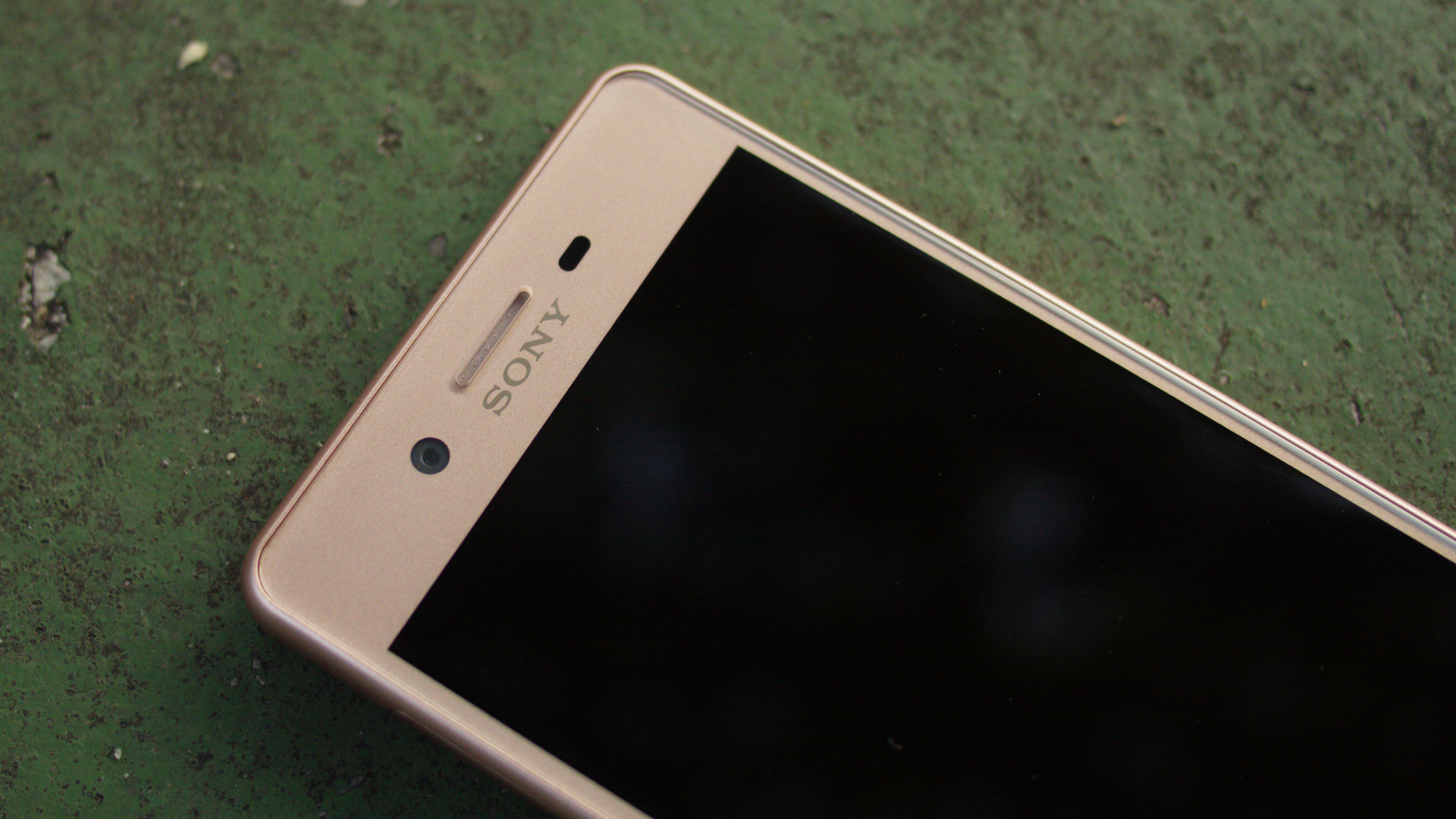Here's why Sony's US Xperia phones don't have fingerprint sensors

The new Sony Xperia X and all of its many spin-offs, including the recently announced Sony Xperia XZ and Sony Xperia X Compact, are missing something in the US.
We can't quite put our finger on it... because it isn't there. The fingerprint sensor.
During a recent conference call with Don Mesa of Sony Mobile, he stated that a "business decision" influenced the removal of the embedded fingerprint sensor in the US versions of Sony's recent lineup of phones. That's the same line that the company was tossing around earlier this year.
Business is a tricky thing, and the complexity of releasing devices across the globe isn't something we'll pretend to understand fully. But, of all of the features, why is the fingerprint sensor the one feature in particular to get the axe? It's something that really adds to the experience and security of a phone.
Breaking into the US
Sony's smartphone problem in the US is a tricky one. It's already a household name, but so few phones are ever seen in the wild and there's a lot of competition, especially in the unlocked sector, with phones like the OnePlus 3, Nextbit Robin, or Nexus 6P all available for under $500.
Mesa told TechRadar that the specific reason you won't find any biometrics in a Sony phone this year is that "it was essentially a business decision we needed to make as we transitioned from the carrier market to the unlocked market.

"In the quick transition, there were a lot of factors that surprised us in terms of areas we needed to check off to enter the unlocked market."
Sign up for breaking news, reviews, opinion, top tech deals, and more.
"For us, we needed to leave it out."
Maybe it's just us, but that doesn't really answer the question.
Is Sony the only perpetrator?
Sony isn't the only manufacturer switching up the spec list as its devices cross the oceans. For the past few generations of its Galaxy S-series of smartphones, Samsung has been treating the global variants to its own more powerful Exynos chipset, while HTC often offers more powerful versions of its new phones to please the spec-hungry Asian markets.
The Samsung and HTC examples represent a slightly more niche spec adjustment than the blatant omission of the fingerprint sensor Sony keeps bringing out. But whatever the motivation is for these business decisions, people do care and people do notice.
At the end of the day, the consumer is going to buy the phone that offers the best value for money. In many ways, Sony's smartphones have, and continue to, represent a good value, but the lack of a fingerprint sensor could hinder its progress in planting its flag down in the US mobile market.

Cameron is a writer at The Verge, focused on reviews, deals coverage, and news. He wrote for magazines and websites such as The Verge, TechRadar, Practical Photoshop, Polygon, Eater and Al Bawaba.